By Deepa Deosthalee
Is Amole Gupte taking a potshot at Aamir Khan when he writes a song like “ Life bahut simple hai / Gol gol mat bol? ” His official directorial debut Stanley ka Dabba suggests he’s doing just that, but in the best possible way_—_by making a better film than the one Aamir allegedly snatched from him at the 11th hour.
Gupte never spoke out against his former friend who, as the producer of Taare Zameen Par (TZP)__, had creative differences with him and after a bulk of the film was already shot, reportedly took over the directorial reins rather unceremoniously. When constantly prodded about the controversy surrounding the 2007 hit which won much critical acclaim (he was eventually credited as writer and creative director), Gupte was matter-of-fact_—_that he was present for all 109 days of the film’s shoot and everything that was seen on screen was almost exactly the way he’d realised it.
With Stanley ka Dabba, Gupte has not just vindicated himself as writer, director and actor, but also clearly demonstrated that the magical performances of Darsheel Safary and all the other kids which were at the heart of TZP were extracted by a man who cares deeply about children, knows how to communicate with them and express his ideas through them. As far as the record books are concerned, TZP will remain Aamir Khan’s film and perhaps it’s just as well, because Gupte’s debut is decidedly a superior product.
Made on a much smaller budget and possibly with far less fuss — the children in the film were made to perform as part of workshops conducted on weekends and vacations and all within the secure environment of their own school and classroom_— Stanley ka Dabba_ looks at the world through a child’s eyes and never lets an adult perspective enter the narrative space. Hence there’s no scope for preaching and pontification. TZP, on the other hand, flitted between the two voices and especially in the second half when Aamir was on the rampage, the film’s message about accepting and nurturing all children for who they are, was hammered in rather forcefully.
Ishaan (brilliantly essayed by Darsheel Safary) is chided, ridiculed and pushed around by one and all. Even his mother, who feels for his plight, can do little to help him. Worse, he’s packed off to boarding school as a punishment for his consistently poor academic record and errant behaviour. He begins to sink into depression under the pressure of performing and conforming to academic standards he’s ill-equipped to meet. He’s dyslexic, but nobody in his immediate environment understands him and he’s labelled a duffer and a prankster.
The little boy finally finds his saviour in an art teacher (Aamir Khan) who recognises both his loneliness and his gift for painting. He encourages Ishaan to set himself free through his art. He visits his home and lectures his parents (as only Aamir can) about neglecting and rejecting their son. The good teacher then organises a drawing competition which Ishaan wins hands down and is thus finally lauded for his exceptional talent.
The question TZP leaves unanswered is, what of the lakhs of ordinary children who don’t have any remarkable gift as Ishaan does, but are still unique in their own way? If, as the film’s tagline says, ‘Every child is special’, then why must he still have to excel in some competitive activity to prove his worth?
Stanley (an equally assured debut by Gupte’s son Partho) is a bright, sensitive and popular student, though he may not necessarily be the class topper. We’re not told anything about his background, but his clothes and his general appearance suggest things are not great back home. Perhaps there’s an alcoholic father or a neglectful mother in the background. Almost till the very end, the narrative is entirely focussed on school life (reminding you of that wonderful French film The Class (2008), directed by Laurent Cantet set in a school attended by a multi-racial group of students from predominantly low-income families and one teacher’s efforts to reach out to them), which means everything that the director wants to convey about the protagonist has to be achieved through his activities in school.
In the film’s opening sequence, a ray of golden light shines on Stanley’s innocent face as he prays before the statue of Mother Mary and baby Jesus in the school compound. You notice bruises on his face. So does his favourite teacher Miss Rosie (Divya Dutta), the embodiment of all those wonderfully maternal teachers who make school so much more bearable. But she doesn’t catch on to his despair, although there’s always a lingering doubt on her face when she looks at him.
Stanley has a story for every occasion and most stories feature his mother and revolve around her agility, warmth and excellent cooking skills. Yet, he goes to school without a lunch box. So does his Hindi teacher Mr Verma a.k.a. Khadus (Amole Gupte), a glutton who steals from fellow teachers and extracts his share from the students. He detests Stanley, because unlike Verma, he fights for his self-respect and hesitates to partake of his friends’ lunch.
And that’s all the film is about — Stanley’s valiant efforts to remain dignified and comic-book villain Verma’s attempts to humiliate him. But there’s so much more happening beneath the facade of a simple children’s story. Stanley ka Dabba speaks about the innocence of childhood and the hypocrisy and corruption of the adult world. It talks of equality through the easy camaraderie between Stanley and his privileged classmates. They may have food in their dabbas and mobiles hidden in their bags, but none can match Stanley’s indefatigable spirit and zest for life and hence they acknowledge his worth by never making him feel small. If it seems too idealistic to be true (children can actually be quite vicious with each other), it’s perhaps on account Gupte’s undying faith and optimism.
He creates a range of character types through the school teachers — the stern science teacher (Divya Jagdale, superb), the benevolent principal (Rahul Singh), Raj Zutsi as a new history teacher and of course Miss Rosie, the light of Stanley’s life, always encouraging and quick to praise him. Then there’s the food and the conversation around it, which assumes a character of its own.
Above all, the kids_—_they share a natural camaraderie with each other and perform effortlessly (often in tight close-ups) behaving like children do in the real world, unlike the irritating, over-smart child actors you often see on screen. They have their little squabbles and take potshots at the teachers they don’t like. In Gupte’s vision, children have the gift of imagination and an innate resilience. They are a force by themselves and can make their own choices, stand up to the adult world and fight off bullies.
A bit like the director himself has done with this little gem of a film.
Also featured at Film Impressions .


)




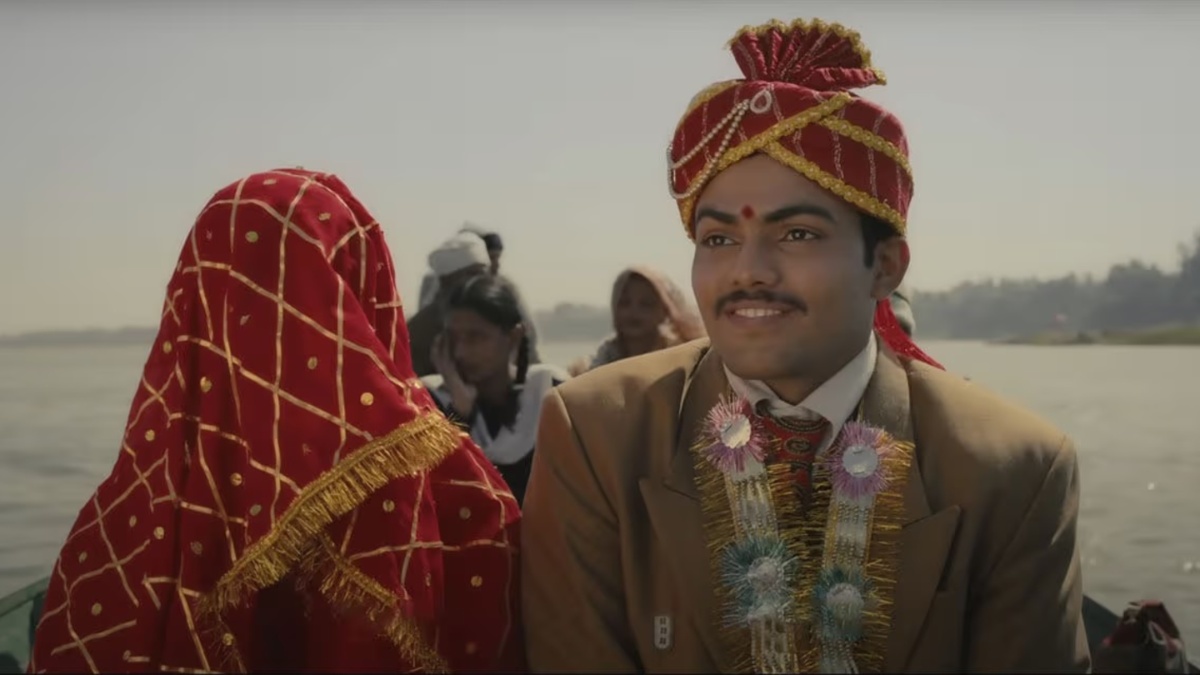)
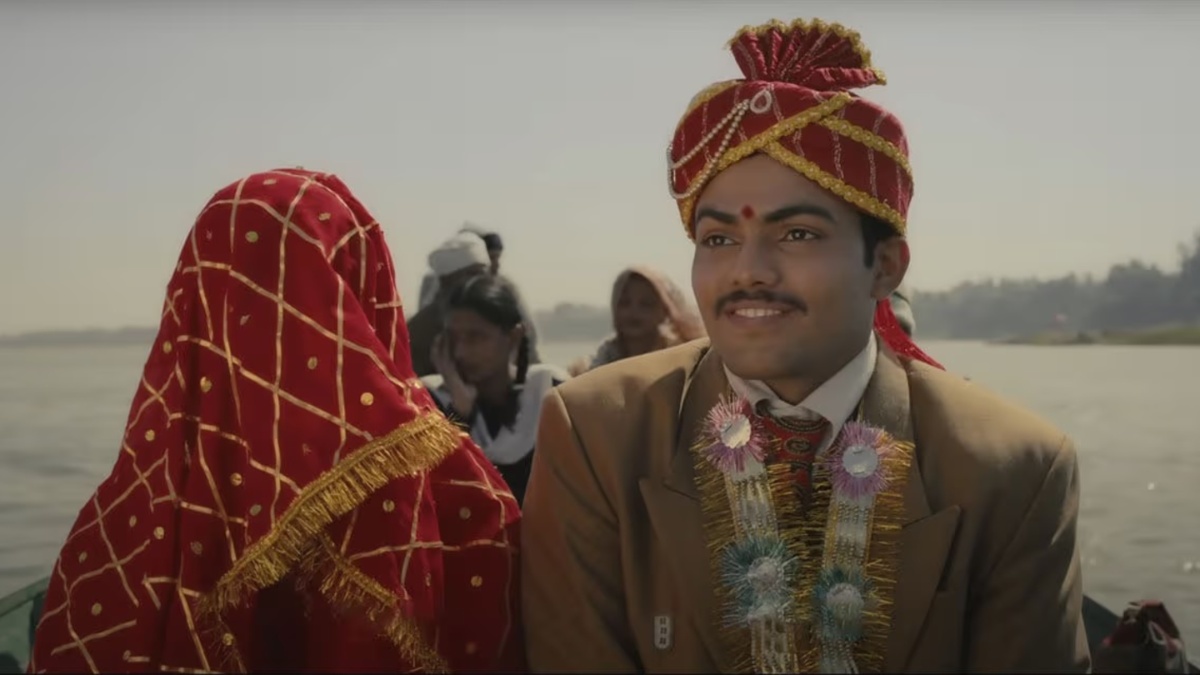)
)
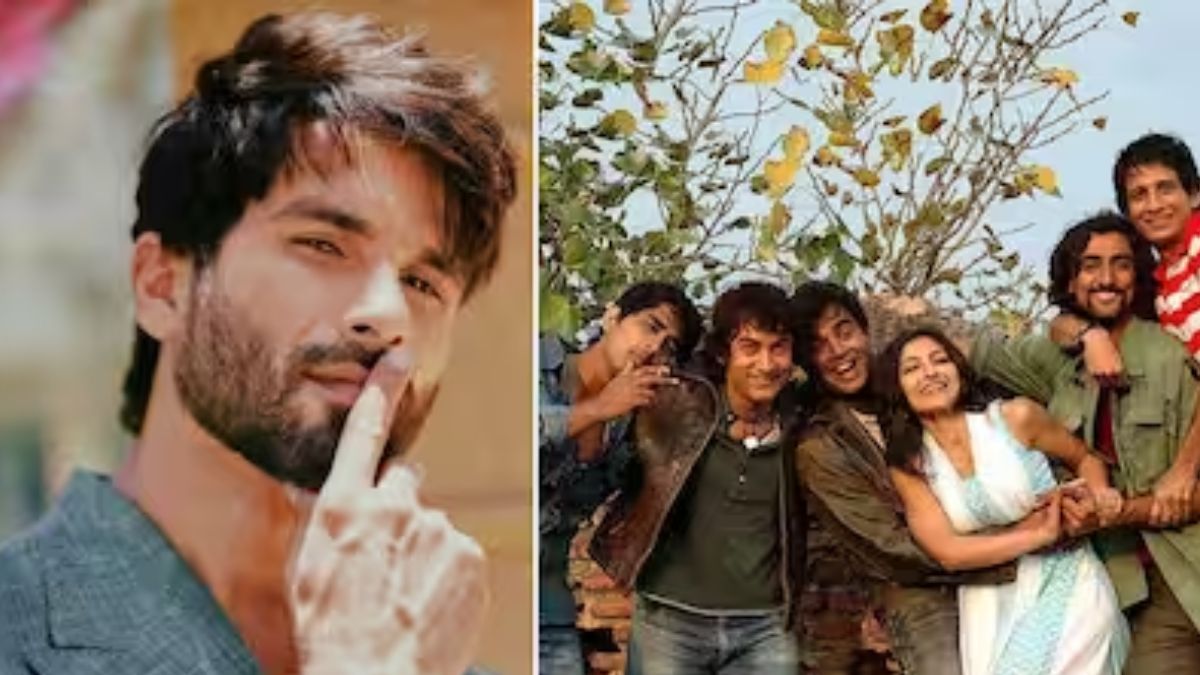)
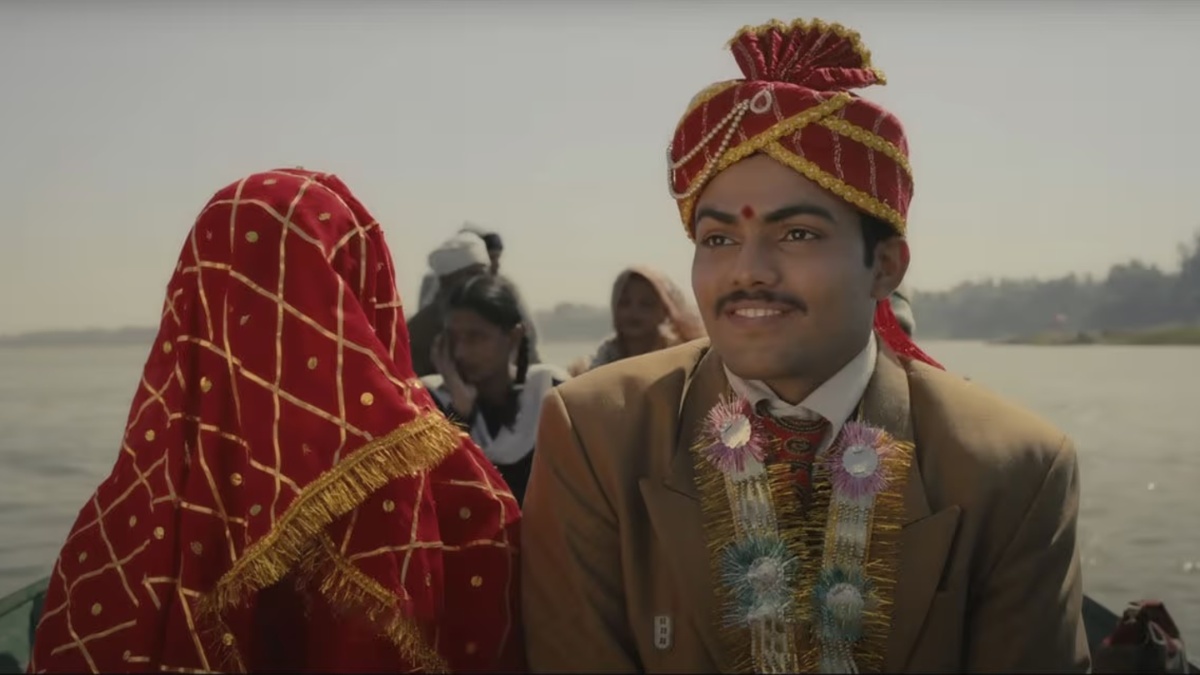)
)
)
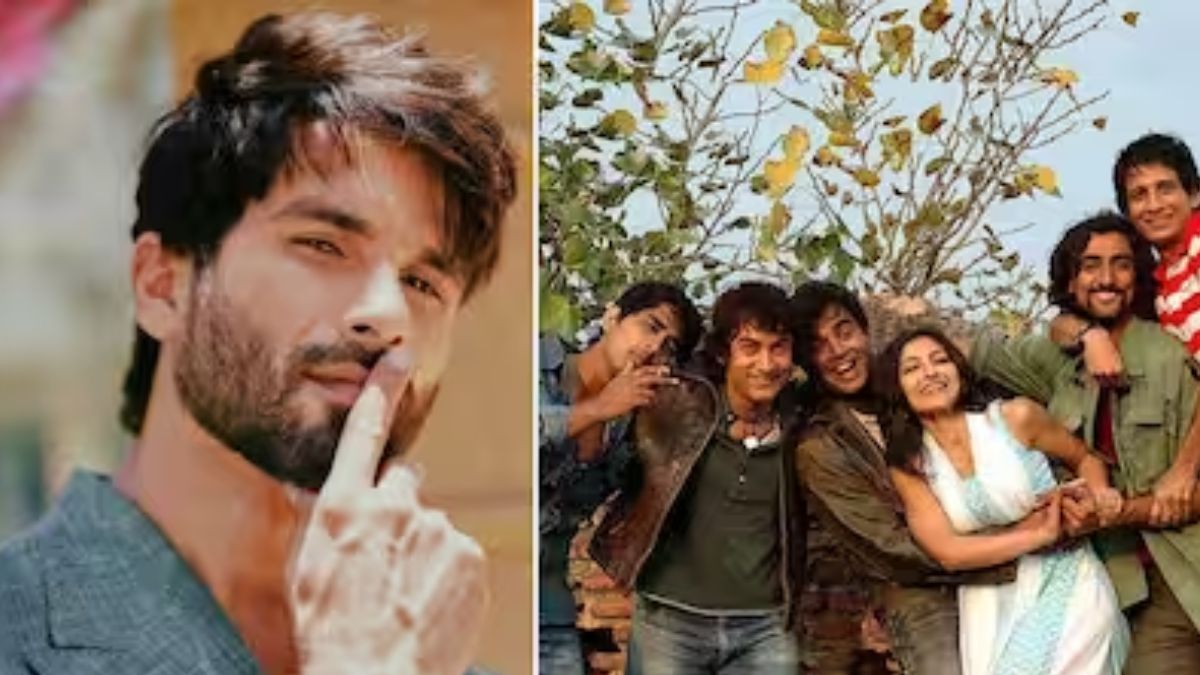)